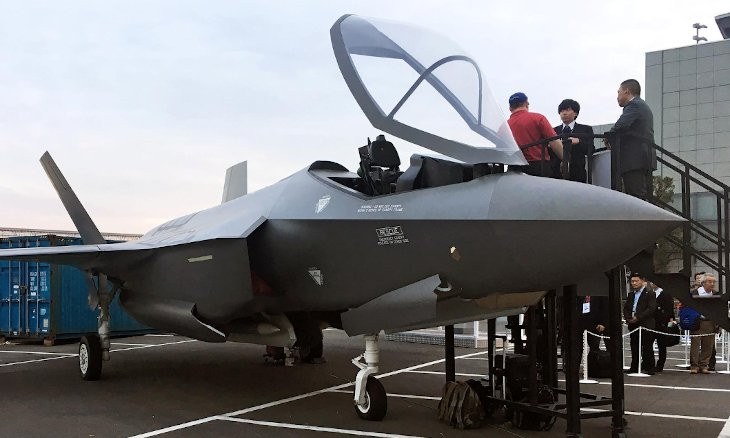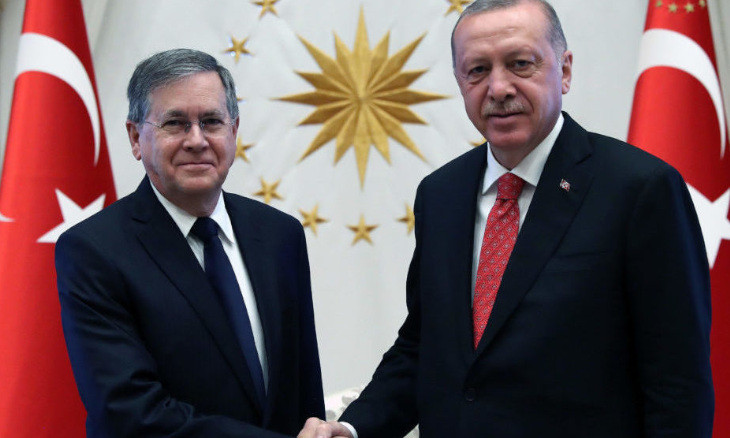Turkey's suspension from F-35 program 'likely to compound production risks'
A U.S. congressional watchdog group has warned that Turkey’s suspension from the F-35 program "will likely further complicate existing supply chain challenges." "The program has identified new sources for 1,005 parts produced by Turkish suppliers, but the program is assessing the effect of 15 key parts not currently being produced at the needed production rate," the Government Accountability Office (GAO) said in a report on May 12.
Duvar English
A U.S. congressional watchdog group has said that some of the parts suppliers for the F-35 Lightning II Joint Strike Fighter are having trouble making their delivers on schedule, and Turkey departure from the program could make that worse.
The Government Accountability Office (GAO), often called the "congressional watchdog," said in its latest annual report on the $428 billion F-35 program that Turkey's removal from the F-35 program is “likely to compound production risks.”
 Turkish F-35 suppliers eye production in Bulgaria
Turkish F-35 suppliers eye production in Bulgaria"The program has identified new sources for 1,005 parts produced by Turkish suppliers, but the program is assessing the effect of 15 key parts not currently being produced at the needed production rate," it said.
The GAO cited data from the Pentagon's Defense Contract Management Agency that said at the time of Turkey's removal, the program was facing increasing levels of late deliveries of aircraft parts and parts shortages.
It further noted that "risk remains" with the administration's plan to switch from Turkish to alternative suppliers, noting in particular that "some of these new parts suppliers will not be producing at the rate required until next year, as roughly 10 percent are new to the F-35 program."
"Airframe contractor representatives stated it would take over a year to stand up these new suppliers, with lead times dependent on several factors, such as part complexity, quantity, and the supplier’s production maturity," the GAO said.
 S-400 activation exposes Turkey to 'very significant possibility' of sanctions, says US envoy
S-400 activation exposes Turkey to 'very significant possibility' of sanctions, says US envoyIt further cited a warning from an anonymous F-35 program official who said it is not clear how prices from alternative suppliers would compare to those from Turkey, and the official noted that “alternative sources could be more costly."
Turkey's acquisition of the advanced S-400 Russian air defense system prompted the U.S. to remove Turkey from the F-35 program in July. The U.S. argues the system could be used by Russia to covertly obtain classified details on the jet, and is incompatible with NATO systems.
Turkey, however, counters that the S-400 would not be integrated into NATO systems and would not pose a threat to the alliance.
